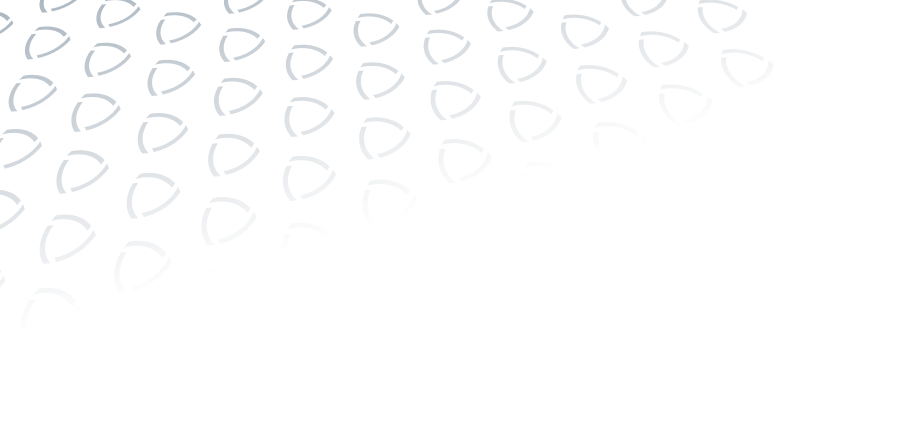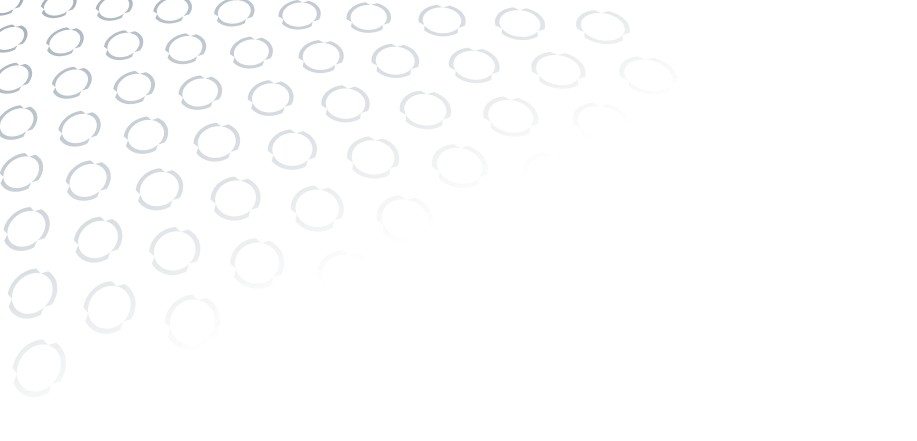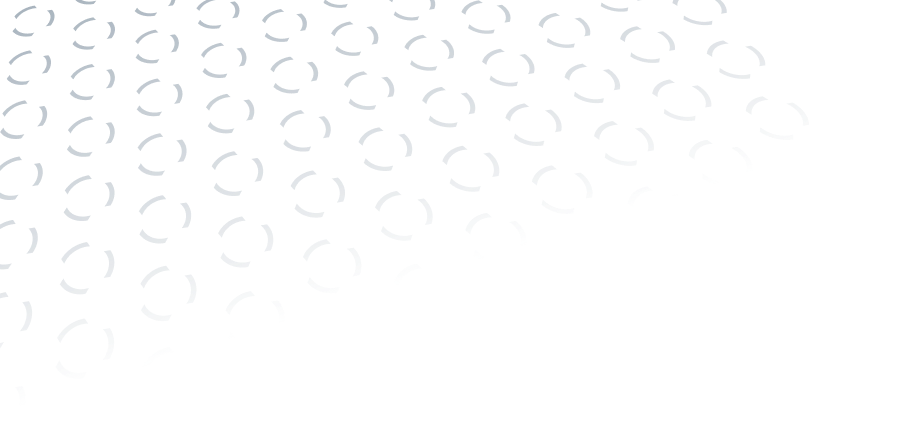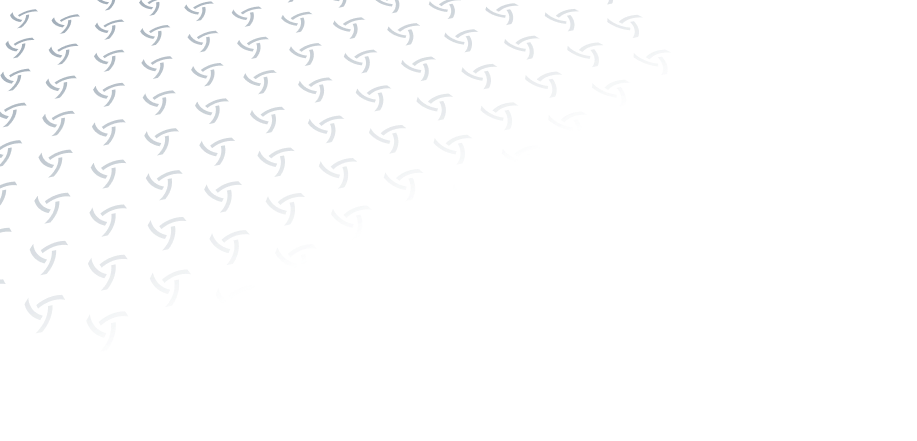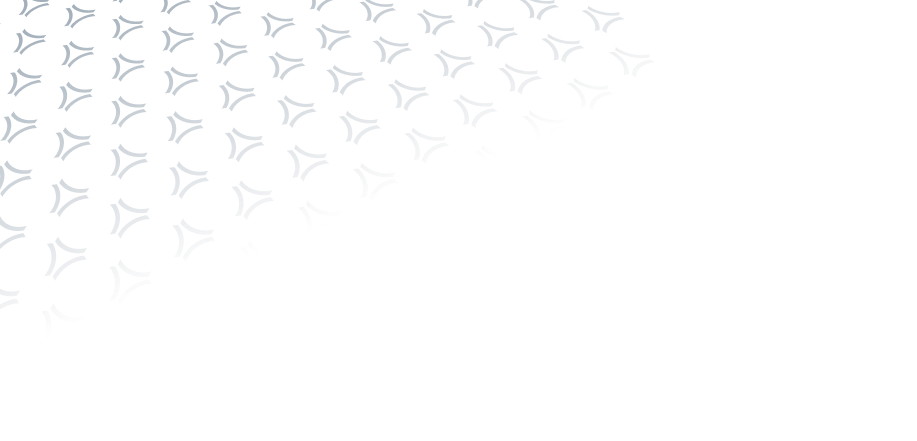Ruler of the arms industry group, Czechoslovak Group, Michal Strnad, in an exclusive interview, the first in four years, talks for the first time about the war in Ukraine and the record purchase of the famous Italian arms manufacturer, Fiocchi.
Michal Strnad comes into the Christmas-decorated offices of the Czechoslovak Group in a dark suit and good mood. However, the festive atmosphere on the top floor of the AFI Butterfly complex where the largest arms industry group in Central Europe is based is not only related to the approaching Christmas holidays. A few days ago, the 30-year-old businessman completed the deal of his life. In the largest acquisition in the history of the Czech defence industry, he bought a majority stake in the leading Italian arms manufacturer, Fiocchi, a global producer of small calibre ammunition.
He paid billions for a company with a turnover of around CZK 10 billion and, thanks to this, he will increase the sales of his already diversified group by about a third. The record deal comes at an opportune time. Czechoslovak Group is one of the largest suppliers of weapons to the Ukrainian army, with sales up 100 percent year-on-year. In the first half of this year alone, it generated CZK 13.8 billion, which is almost the same as in the whole of 2021. Its EBITDA increased even more significantly in the first six months – by CZK 1.4 billion to CZK 2.45 billion. And it is for ammunition of all kinds that there is the greatest hunger on the Ukrainian front today.
HN: How did 24 February change your business?
A lot. The global defence industry has accelerated dramatically. On the other hand, we as a group had been growing every year since before the war. We had our factories full and did not know what to do first. However, what has happened in Ukraine has only increased the pressure to deliver more and faster. Even government institutions in the Czech Republic started to take us seriously; the view of the arms industry as a dirty business changed. Politicians understand that this is an important part of the country’s security.
HN: How did Ukraine affect your business specifically?
Business-wise, our products are sold out for the next three or four years. We have collected a bunch of orders. We invest in the increasing production capacity, people, products. We probably helped the most from the Czech companies operating in the defence industry. Today, we are one of the largest suppliers to Ukraine ever. Our advantage was that we have historically delivered there, our customers know us there. When the war started, the customer went for a safe option. The Ukrainians had funding from various sources – the Americans, the Poles – and so the orders were just pouring in.
HN: From the half-year figures, it can be seen that a large part of the sales was trade, i.e. the resale of material. I guess production can’t be redirected that quickly, can it?
In some cases, that was also possible. Anyway, you are right that we have traded much of the material. We have been on the market for 20 years and we have good information about where there is some equipment that can be refurbished and exported. However, our own production was going to Ukraine as well. Deferral of deliveries was discussed with the contracted customers to give priority to Ukraine. Even with the assistance of the American and Czech governments.
HN: Thus it may be said that the warehouses were sold out?
That also. But it can't be done without the material from the warehouse passing through our factories. You need to overhaul. Our warehouses sold out and the next part was the aforementioned resale. Now it's more about our own production. We didn’t get that much done in the first half of the year. It was less than four months, that's very little.
HN: How long have you been working on the Fiocchi acquisition?
We've been working on it for over a year. It took six months of negotiations and communication with the Fiocchi family who remain in business with us. We also waited quite a long time for CFIUS approval, which is a detailed U.S. vetting process, in which dozens of institutions, from intelligence agencies to the Department of Defense, weigh in. The delay was compounded by the war. The approval we would normally have had in three months was finally obtained after seven long months.
HN: So you've been vetted on all sides by the U.S. government?
Yes, and dozens of other institutions. We really had to strip naked in front of them. It was difficult, but they finally gave us the go-ahead.
HN: How big is Fiocchi’s US business in terms of revenue?
It's more than half. But they were checking us out mainly because Fiocchi has two factories in the U.S. And with the war in Ukraine, the Americans are very wary of who they allow into their domestic arms market. We imagined it might be a little easier.
HN: You're an arms group from Eastern Europe. Isn't that still a handicap in similar deals in Western Europe? Have recent acquisitions in Spain or joint projects with General Dynamics helped?
That certainly helped us. But we are looking at the West in the long term, it is our direction. We don't have a company in the East, nor can we buy one. We want to do business mainly in NATO countries.
HN: Can't you?
For example, you couldn't buy a factory in Russia even before the war. We didn't even want it. It's not possible in terms of export licenses; the industry is very regulated. When you do business with big American companies like Raytheon and General Dynamics, you can't have ambitions in Russia at the same time. Even more so today.
HN: So the strategic importance of Fiocchi for you lies mainly in its geographical focus or also in its product range?
Both. We have been looking at Western companies producing small-calibre ammunition for a long time. We've been dealing with this for three years. We are adding to our portfolio. Until now, we have been producing large-calibre and medium-calibre ammunition and this completes our offer, thanks to which we can serve the military customer from A to Z. At the same time, we were looking for a company with a good brand, a great product, and to be Western and more civilian market oriented. This is because, as a company with a military focus, we can bring new business to the company and take it further.
HN: Where do you want to take it?
In terms of product and development, but mainly in terms of business. The original owner, the Charme investment fund, was not very supportive of this area and so management had no ambition in this area. They had an assignment to focus mostly on the civilian market. We bring orders from the defence industry and we want to increase production significantly. We are already investing heavily in production. We have already approved the acquisition of the British munitions manufacturer, Lyalvale Express, during the closure, and we continue to look at the possibility of acquiring other factories in Europe.
HN: Wouldn't you be interested in the Czech Sellier & Bellot plant?
You know, I guess we would be. But Sellier & Bellot is owned by the Brazilian company CBC (Companhia Brasileira de Cartuchos), one of the largest in the world. They have one factory in the Czech Republic, one in Germany, and two in Brazil, over a billion euros in sales. They would not want to sell. Plus, I know the owner personally, so I suspect we probably wouldn't agree on the price. And we certainly don't want to overpay for acquisitions.
HN: Didn't you overpay for Fiocchi? There is talk of a price tag of over CZK 10 billion.
I can't confirm the price. But I don't think we overpaid for the company. It was certainly not a small investment, but the company has huge growth ahead of it. We priced it on the 2021 results. During that time, the company has grown significantly. At that time, EBITDA was about EUR 72 million, this year it will be almost EUR 100 million.
HN: Plus, the world has changed and the valuation seems to have benefited, right?
Exactly right. We signed it a week before the war. We certainly wouldn't be able to buy it for the same money today. That’s for sure.
HN: And the sellers couldn't get out of it?
I guess they could, but it wouldn't be business-like. The seller was an investment fund that buys and sells, at the same time, there was a specific role of the Fiocchi family that had to approve the buyer. We had a big presentation in front of about 50 representatives of this extended Italian family where we had to convince them of our vision. It wasn't easy, but it was the family who finally chose us.
HN: What does a traditional Italian family that owns an arms factory look like?
They are nice and modest people. There are many of them, dozens of heirs today. They live all over Italy. We ended up negotiating with about ten main representatives.
HN: Can you indicate the structure of the purchase price of the deal, and how banks are looking at financing deals in the arms sector today?
Before the war, banks tended to be negative about the defence industry, today they are neutral to positive. The geopolitical situation certainly helps. We use the higher units of billions from our equity and the rest was provided to us by a consortium of Czech and Italian banks.
HN: Your cash increased enormously in the first half of the year, to CZK eight billion. Was it related to the acquisition preparations?
It's a combination of the revenues from selling out our inventory, but of course, we were getting money ready for the Fiocchi acquisition.
HN: In the first six months, your revenues jumped by 100 percent. Will you maintain the growth rate in the rest of the year?
We would like to continue the momentum or improve it a bit more. We'll see. In addition, this year's results will be heavily influenced by the acquisition of Fiocchi, which we will consolidate into the entire group. So, we will add 10 billion korunas in revenues and 2.4 billion EBITDA for Fiocchi to the CSG numbers.
HN: Do you have any joint ventures with Ukrainians?
We don't have any, but we have two in the pipeline. One for repair of ground equipment, the other for production of artillery ammunition. In the first case, the Ukrainians will supply contracts and orders for the repair of ground equipment, and we will allocate part of our repair facilities in Slovakia.
HN: So the Ukrainian state would be a partner there?
Indirectly. Mostly, these are state-owned enterprises. The advantage of such cooperation is long-term contracts for three to five years.
HN: If by chance the war ends tomorrow, will your business change?
It won't. We will still do the same things. Even if the war ends tomorrow, the NATO army depots are so empty that it will take ten to fifteen years to fill them to pre-war levels. There is no capacity. In Europe, for example, the production capacity is about 275 to 300 thousand pieces of artillery ammunition per year. And Ukrainians consume 40 thousand a week. NATO countries are sending their strategic supplies to Ukraine and trying to replenish them, but this is a process that will take years.
HN: Plus, there will probably be a demand for more security in the individual countries.
Certainly, we see huge changes in the approach of the individual countries. Everyone is currently addressing the combat capability of their armies, and modernisation programmes are opening up. That's a big change.
HN: What are the current trends in what you supply to Ukraine? Have they changed in any way since the war began?
What they need now is ammunition. This is the main trend. They have quite a bit of heavy equipment nowadays, but not enough ammunition.
HN: The Fiocchi small arms won't help you much there, will they?
They would, also. Even small-arms ammunition is needed by the local army. But we certainly didn't buy Fiocchi because of the war in Ukraine.
HN: Wouldn’t you be interested in Explosia?
We would, and we admitted it publicly. But rather, we wanted to draw attention to the fact that the main bottleneck in ammunition production today is gunpowder. You can have all the metallurgical components ready, but you can't finish production without gunpowder. I don't think it's on the table, but if the opportunity was there, we'd definitely look at it.
HN: Why would the state get rid of it? Isn't it a strategic thing?
I am not convinced that the state is the best owner in this case. It shows in the low flexibility. The state is not exactly the best manager in the case of manufacturing companies.
HN: So what are you currently supplying to Ukraine, what is the biggest hit from your production there?
I don't want to get too specific. In general, it is ground equipment, artillery equipment, and ammunition. That is the biggest hit today.
HN: Apart from Ukraine, you are also managing to close big deals in Asia, currently in Indonesia.
We have been operating in Indonesia for a long time. We export hundreds of millions of euros worth of goods there every year. The current contracts for air defence systems are extraordinary in scope. In total, the contracts are worth 500 million euros each, which we will implement with partners from Turkey and the Czech Republic. But we are also doing well in India, where companies from our civil division are making a name for themselves – in particular Dako, which has opened two plants there to produce braking systems for rail vehicles. In total, we export to fifty countries around the world, including Saudi Arabia, Jordan, Morocco, and many others. We are a big exporter.
HN: In terms of acquisitions, could something as big as Fiocchi come along in the next two years?
We're looking into different things and we're in the process of making some smaller investments to expand our companies and divisions. From the point of view of acquisitions, the situation is difficult today, everything is expensive. Those who have production capacity sold out for years to come are asking for huge sums. Still, we see some interesting opportunities here, maybe even bigger than Fiocchi.
HN: Today, the civil part of the holding is dominated by Tatra and also by the aforementioned Dako-CZ, where you parted ways with the Slovak Tatravagon last year. Has this changed the company's strategy in any way?
Dako has been growing at more than 20 percent a year. We're investing heavily in the company. We bought a second production plant in Ostrava. We are setting up in India where we have two factories with two local partners. Each is for a different type of product. One is starting production these days, the other is at an advanced stage of implementation.
HN: With Tatra, you are not planning to manufacture abroad?
We have a plant in Saudi Arabia, which is not formally ours, but we have provided the license and production technology to our partner there. Other countries, such as the United Arab Emirates and Indonesia, want something similar from us. Tatra is now sold out for several years to come, it is not running fast enough, and we are working intensively on a closer partnership with the Dutch manufacturer DAF, which is our partner in civil vehicles.
HN: The United States is probably your number one strategic market right now and also a key partner for you. Do you have other ambitions there?
We certainly do. Dako also has ambitions to manufacture in the United States. That's what we're currently working on. But we are also considering the possibilities of Tatra in Kopřivnice.
HN: Are there still companies in the Czech Republic that would interest you?
I think it's already too small for us here and the market is pretty much picked apart. We see opportunities mainly abroad.
HN: How have you changed in the four years since you became the owner of an industrial colossus?
I have been in the company management for practically ten years, so the ownership change that took place in 2018 was not a big change for me personally. I've always thought of it as a family business and treated it as such. And if I've changed? That is for others to judge. I have definitely gained more experience and I am still continuing to do so.
HN: Has your relationship with your father Jaroslav, who founded and built the company, changed? Does he still give you advice, or do you no longer let him have much say in it?
It's still a father-son relationship. At home, we're partners who work together on all sorts of things. But in business, we operate strictly separately. We both have a lot going on, and to be honest, my dad can't keep up with everything that's going on at CSG. Nor do I have a handle on what's going on at his CE Industries. That's not to say that when Dad comes to see his grandson on Sunday that we don't discuss business, too. But only a little.
HN: And a joint business of CSG and CE Industries doesn't tempt you?
We don't have many areas of overlap between us. With one exception, and that is the railway. Dako has an ambition to supply brakes to Croatian manufacturer Duro Daković, which my Dad bought this year, together with Mr. Matera. But we certainly won't get that for free either, we'll have to make the best offer.
HN: Your younger brother Jaroslav has also joined the group. What is his role now and what will it be in the future?
He's learning the same way I did years ago. He is six years younger and has a slightly different starting position than me. While I've been in the company since I was 15 and have been through everything from warehouses and workshops, did manual labour in what was then still a relatively small company, his journey is different. He recently graduated from a university in London and only then started to get to know the Group. He enjoys it. He was in Prague in our export agency, Excalibur International, and now he is the sales director of the Slovak ammunition part of the MSM Group.
HN: Is there a plan to let him into the shareholder structure in the future as part of the family relationship?
I'm going to lighten it up a bit. My Dad is sometimes asked if he's building a second holding so that he has something to pass on to his other son when I got CSG. The main thing is that my brother enjoys the business and the trade and we work as a team, so nothing can be ruled out in the future.
HN: After the merger with Fiocchi, there will be an entity with sales estimated at around 40 billion korunas. Isn't that too big for you as a sole owner? Isn't the time of some big merger with a global arms company or perhaps an IPO coming up?
As a family business, we are fast and very successful in acquisitions. So far, I have considered that to be to our advantage. I'm not saying I'm not considering the options you've hinted at. But we still have to get there and get a little bigger and stronger for it to make sense. You can't go to the stock exchange with a small group.
HN: A turnover of 30 to 40 billion is a small group in your opinion?
It isn’t. But if we talk about IPOs, we should only talk about them on the biggest stock exchanges in the world; for example, in London or New York. And for those, we would still need to grow.
The article was taken from Hospodářské noviny https://archiv.hn.cz/c7-67147770-p9or5-9df0f9a7adf5e2f
Share



















